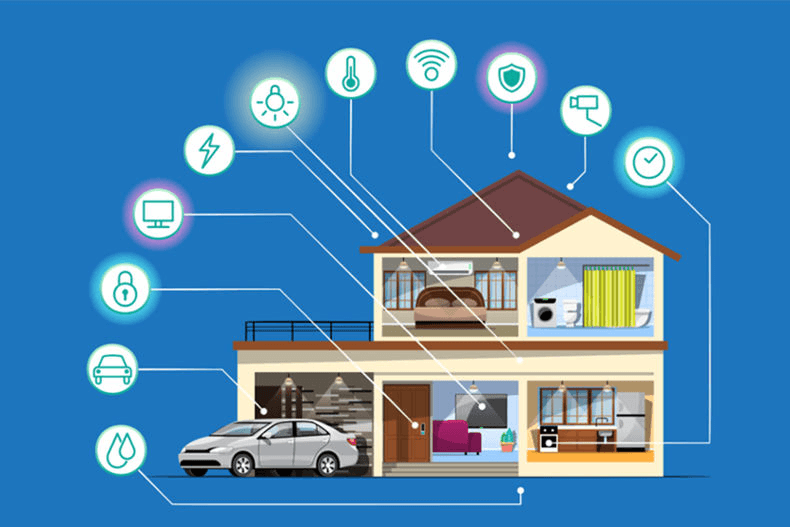
21 Feb 2024
The Green Revolution: Sustainability Trends in Indian Real Estate
1. Green Building Certifications:
• Green building certifications, such as LEED (Leadership in Energy and Environmental Design) and IGBC (Indian Green Building Council), are gaining prominence in India.
• Developers are designing buildings that meet these certifications, ensuring they are energy-efficient, water-saving, and environmentally friendly.
2. Solar Power Integration:
• With India's abundant sunlight, solar power integration is becoming a popular choice for developers looking to reduce their carbon footprint.
• Solar panels are being installed on rooftops to generate clean and renewable energy for buildings.
3. Rainwater Harvesting and Water Recycling:
• Rainwater harvesting systems are being implemented to capture and store rainwater for non-potable uses, such as landscaping and toilet flushing.
• Water recycling systems are also being installed to treat wastewater for reuse, reducing the strain on freshwater resources.
4. Sustainable Materials and Construction Practices:
• Developers are using sustainable materials such as recycled steel, bamboo, and fly ash bricks in construction.
• Sustainable construction practices, such as passive design strategies and proper insulation, are being employed to reduce energy consumption.
5. Community Engagement and Education:
• Developers are engaging with communities to raise awareness about sustainability and promote eco-friendly practices.
• Initiatives such as tree planting drives and waste management programs are being organized to involve residents in sustainable living.
Conclusion: The sustainability trends in Indian real estate are not only beneficial for the environment but also for the health and well-being of residents. As these trends continue to evolve, they have the potential to transform the real estate sector, making it more environmentally conscious and socially responsible.
Latest Blogs

21 Feb 2024
Open Plots: Unlocking Potential in India's Real Estate Landscape

21 Feb 2024
Reaching New Heights: The Rise of High-Rise Buildings in India

21 Feb 2024
The Green Revolution: Sustainability Trends in Indian Real Estate

21 Feb 2024
Revolutionizing Real Estate: The Impact of PropTech on India's Property Market

21 Feb 2024
The Rise of Smart Homes: A Trend Transforming India's Real Estate Sector

21 Feb 2024






